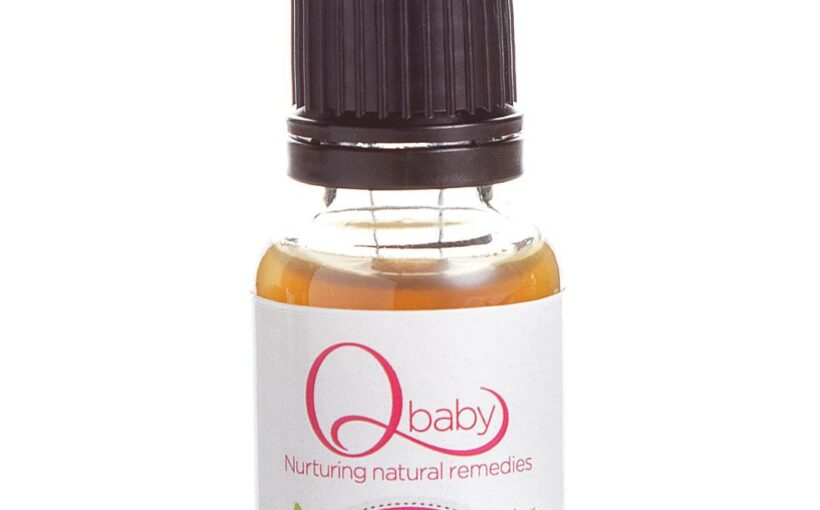A Titirangi baby care products business has been forced to change the name of one of its best-selling products following a legal threat from a US-based competitor.
E-commerce business Qbaby, which specialises in post-natal natural remedies for mothers and babies and has been operating for 20 years, says the move came late last year after the US business registered its name to start trading in New Zealand.
Naturopath and Qbaby founder Natasha Berman says she was shocked to receive a cease and desist letter from Colic Calm just before Christmas over her product called ColiCalm.
The letter said her product was an “infringement of their trademark product” which was causing “customer confusion for their brand and product name”.
But Berman told the Herald she had been making and selling the popular product for 20 years and it was sold throughout health food shops and pharmacies nationwide and recommended by midwives.
US-based Ketomi LLC, trading as Colic Calm, also sell their product in Australia. It registered its trademark name in New Zealand in July 2019, it was protected in March 2020.
Berman claimed Colic Calm appeared to be “bullying their way into New Zealand”.
As a one-person operation, and thankful to have survived disruption from the pandemic last year, Berman said she did not have the resource to pursue the matter in court.
She contacted a lawyer for advice, but despite having good grounds to fight Colic Calm, she said she did not have the thousands of dollars required to do so – and had instead been forced to change the name of the product.
The name change would mean Qbaby would have to change its manufacturing, labelling, flyers and marketing and would cost up to $10,000, she said.
It would change the name of its product to ColiSoothe from early March.
“I said to them that it is going to take me some time to get rid of stock throughout New Zealand and that I’m not withdrawing anything,” she said.
“[Its behaviour] is such a bully tactic. I’ve been stuck in an absolute terrible situation. I have a good reputation in New Zealand, my products are ethical and I work really hard.
“Covid-19 came along and almost destroyed us but I managed to push myself through and then this cease and desist letter came in.”
Berman said the situation was upsetting, and was not how New Zealand business operated.
“When I woke up that morning and saw the email I burst into tears. I felt violated and stressed.
“There are a lot of companies in New Zealand that do similar things or our products might have similar names but we have a different culture where we all support each other.”
Colic Calm, whose product is sold in over 25,000 stores globally, has been contacted for comment.
Intellectual property lawyer Matt Hayes, principal at AJ Park, said a registered trade mark entitled an owner to stop the use of an identical or similar trademark for identical or similar goods.
Where it gets interesting, however, is that according to our trade mark laws, it comes down to the matter of who was using the name first.
“If Qbaby has been using “ColiCalm” for its homoeopathic remedy for the past 20 years, then they are probably in a good position to say ‘It doesn’t matter if you have a registered trademark, I have prior use and I’m entitled to use that mark.'”
Hayes said Ketomi was potentially “in a bit of a quandary”.
“In New Zealand, the rights in relation to trade marks generally flow from first use, and if Qbaby has earlier use that pre-dates both the filing date of the Colic Calm mark that is owned by Ketomi, and any use in New Zealand of that mark by Ketomi, then Qbaby might have a defense to claims being levelled against it.”
Hayes said Ketomi may not have realised that Qbaby had been using the Coli Calm name in the New Zealand market for as long as it had.
When coming up with a brand or business name, Hayes said was important to check first if it could be used and to then get a registered trade mark for it.
Source: Read Full Article

/cloudfront-ap-southeast-2.images.arcpublishing.com/nzme/2TEJ7FTH7APLYAYKVZV2LGXEBU.png)